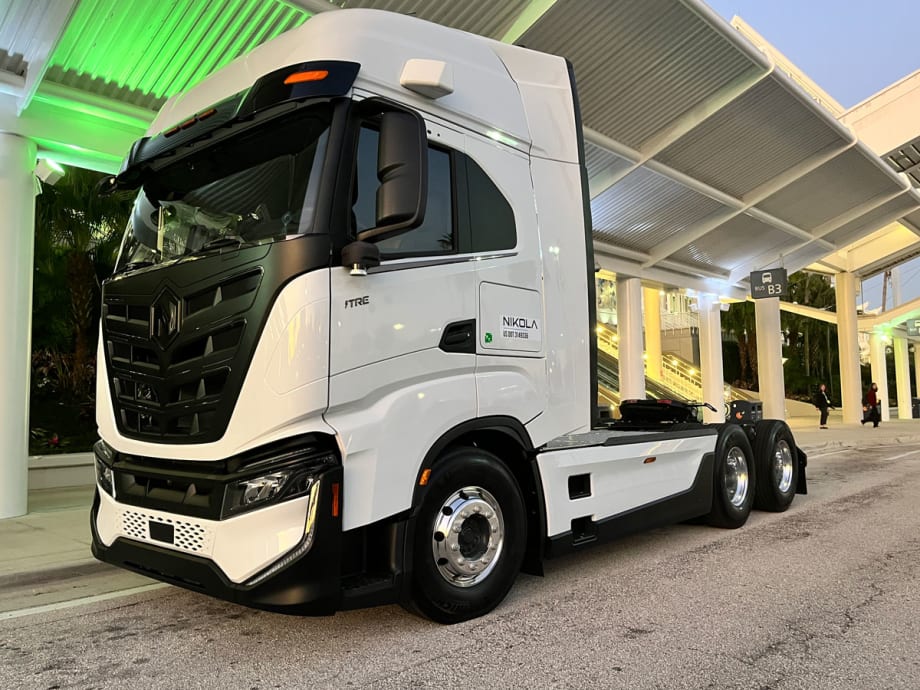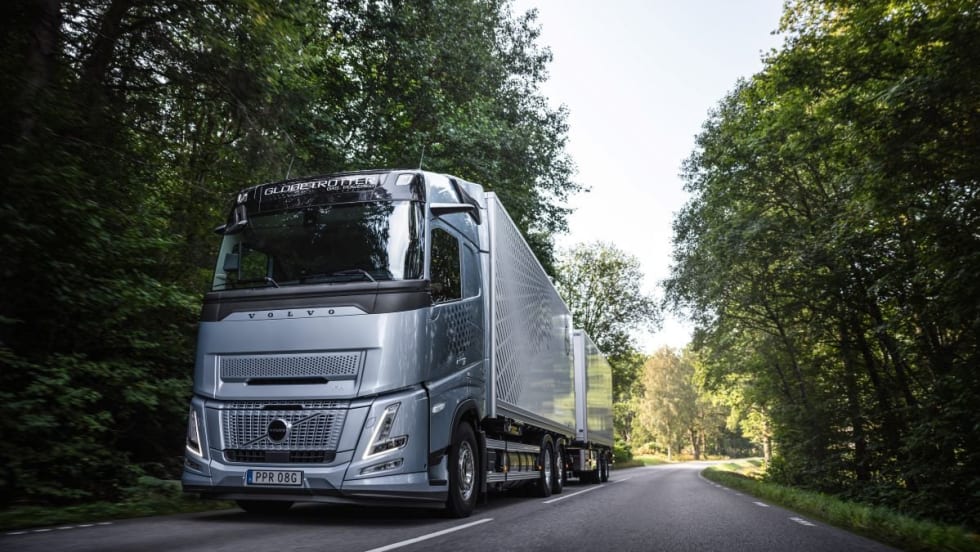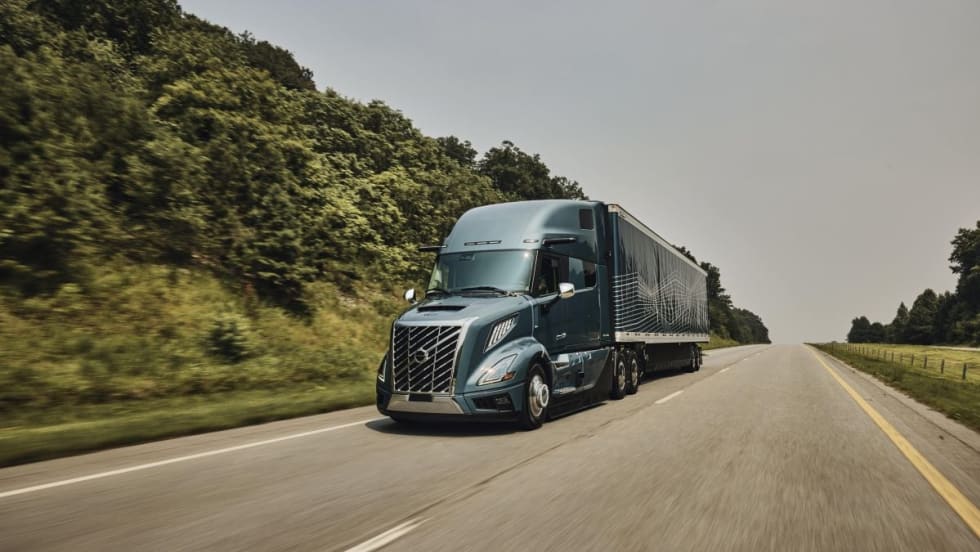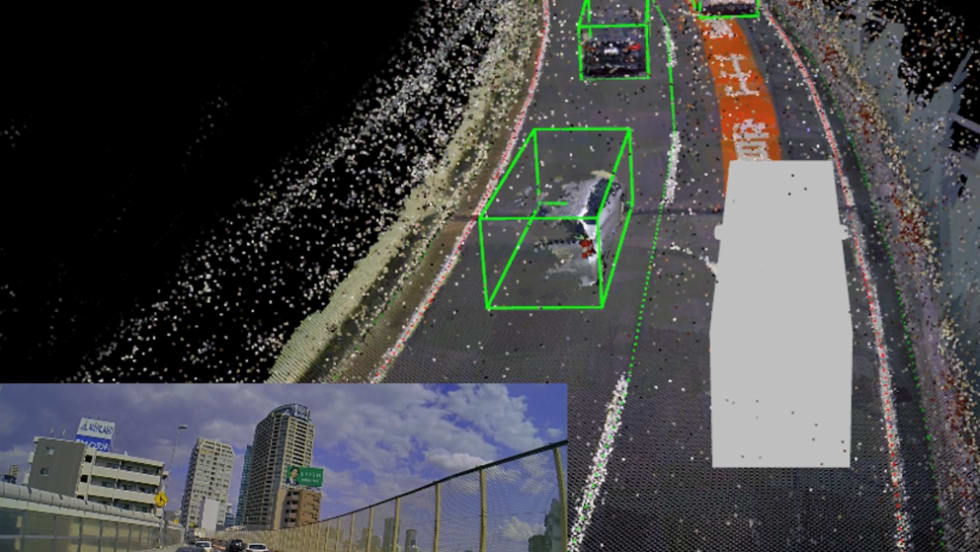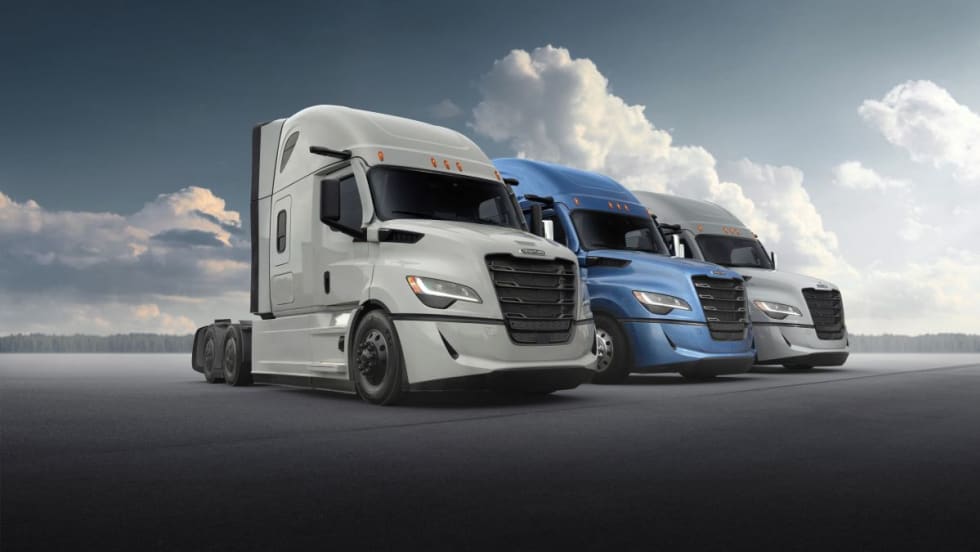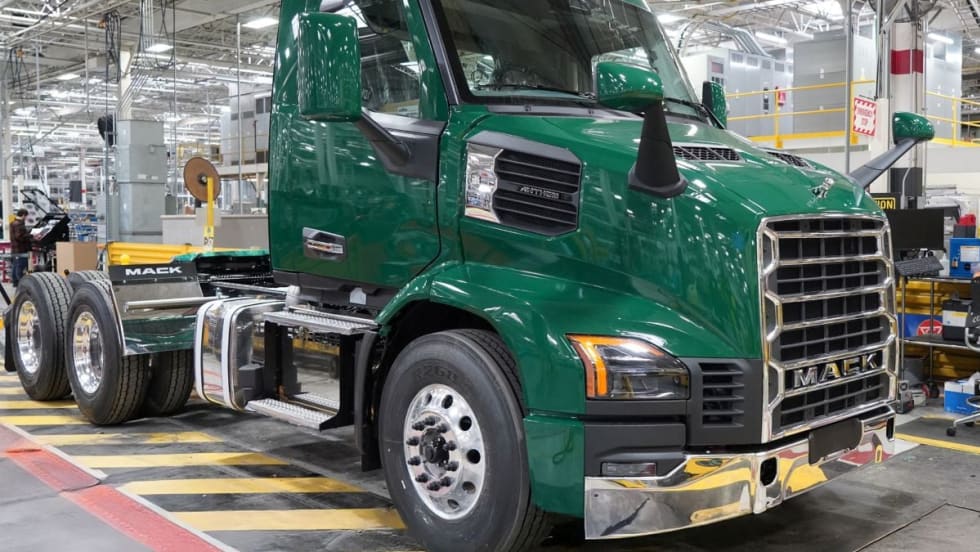Nikola is recalling 209 Class 8 Tre battery-electric tractors after an investigation of battery pack fires at its facilities this summer revealed a potential coolant leak in the battery pack.
That’s about 60% of the heavy-duty-battery electric trucks the company has produced in the past year, according to the Wall Street Journal, and nearly all of the trucks shipped to customers. The recall notice said this affects all Nikola Tre BEV vehicles made since November 2021 and sold to dealers and customers.
Nikola is placing a temporary hold on new BEV sales until a resolution is in place. The company made the announcement while in the process of filing the voluntary recall with the National Highway Traffic Safety Administration. The official recall was posted shortly afterward.
This doesn’t affect the hydrogen fuel cell electric Tre currently in production, as the truck’s battery pack has a different design.
Nikola stock’s stock price, which already had been falling, dropped further on the news.
Local TV station ABC15 Arizona captured this footage of the aftermath of the Phoenix fire by helicopter:
What the Nikola Battery-Pack Fire Investigation Discovered
Four or five trucks caught fire at the company’s headquarters in Phoenix, Arizona, on June 23. According to media reports, one of those trucks re-ignited a month later.
Preliminary findings from third-party investigator Exponent concluded that a coolant leak inside a single battery pack was the probable cause. The findings were further corroborated by a minor thermal incident that impacted one pack on an engineering validation truck parked at Nikola's Coolidge, Arizona, plant on August 10.
No one was injured in either incident.
Internal investigations from Nikola’s safety and engineering teams indicate a single supplier component within the battery pack as the likely source of the coolant leak and efforts are underway to provide a field remedy in the coming weeks.
In the recall notice explained that the coolant leak can cause accumulation of coolant inside the battery pack, which can lead to an electrical short, increasing the risk of fire.
The company’s initial statement on June 23 alluded to foul play as a possible cause of the incident, based on video footage showing a vehicle parked next to the impacted trucks and quickly pulling away after a bright flash and the commencement of the fire. However, extensive internal and third party-led hypothesis testing, employee and contractor interviews, and hours of video footage review has since suggested foul play or other external factors were unlikely to have caused the incident.
What Nikola Tre BEV Owners Should Do Next
Nikola said Tre BEV trucks may remain in operation, but the company said customers and dealers should immediately take the following actions:
Place the Main Battery Disconnect (MBD) switch into the “ON” position at all times to enable real-time vehicle monitoring and safety systems operation.
Consider parking trucks outside to allow for over-the-air updates and better connectivity with Fleet Command, Nikola’s truck monitoring system.
The company’s software systems are being used in real time to monitor trucks in the field closely and continually assess risks.
Additional information, updates and required customer actions will be announced in the coming weeks.
The company noted that so far, only two battery packs have experienced a thermal event, out of more than 3,100 packs on trucks produced to date (less than 0.07%).
“At Nikola we take safety very seriously,” said Steve Girsky, Nikola’s CEO, in a news release. “We stated from the beginning that as soon as our investigations were concluded we would provide an update, and we will continue our transparency as we learn more.”
Battery fires can be difficult to put out, as this local news report on the June Nikola fire explains:
Nikola on Safety
Nikola said in its news release that prior to putting the Tre BEV into production, the company spent significant time validating the truck for the safety of the driver and their surroundings. The truck meets and exceeds FMVSS and UN GTR 20 government regulations; was subjected to front, side, rear, and rollover crash testing; and satisfied battery safety elements including vehicle resistance isolation monitoring, water fording resistance, battery coolant leakage monitoring, battery thermal runaway detection, and high-voltage interlock loop fault detection.
Battery system safety was tested and validated, including single cell passive propagation resistance (PPR), vibration and mechanical integrity, thermal shock and cycling, fire resistance, external short circuit, and battery management system overcharge, over-discharge, overcurrent, and extreme temperature testing.




